Taiwan Semiconductor Manufacturing Company Limited (NYSE: TSM) Quarterly Earnings Preview

- TSM is set to release its quarterly earnings with an estimated EPS of $2.59 and revenue of approximately $31.48 billion.
- The company has consistently surpassed analyst revenue estimates for seven consecutive quarters, highlighting its strong market position.
- Financial metrics reveal a P/E ratio of approximately 32.19 and a debt-to-equity ratio of 0.22, indicating solid valuation and financial health.
Taiwan Semiconductor Manufacturing Company Limited (NYSE: TSM) is a leading player in the semiconductor industry, known for its advanced chip manufacturing capabilities. As the world's largest pure-play circuit foundry provider, TSM specializes in producing cutting-edge AI chips using its 3nm and 5nm nodes. The company is set to release its quarterly earnings on Thursday, October 16, 2025, with Wall Street estimating earnings per share (EPS) of $2.59 and revenue of approximately $31.48 billion.
TSM's strong market position is evident as it continues to benefit from the booming AI industry. Analysts expect the company to report third-quarter revenue of $31.5 billion, a significant increase from $23.5 billion in the same quarter last year. This growth highlights TSM's ability to capitalize on the rising demand for AI chips, which has driven its stock price to an all-time high of over $300 per share.
The company's consistent performance is further demonstrated by its track record of surpassing analyst revenue estimates for seven consecutive quarters. Analysts anticipate TSM to report EPS of $2.59, up from $1.94 per share in the previous year's third quarter. This consistent outperformance underscores TSM's competitive advantage and solidifies its reputation as a valuable long-term investment.
TSM's financial metrics provide additional insights into its valuation and financial health. With a price-to-earnings (P/E) ratio of approximately 32.19, investors are willing to pay a premium for each dollar of earnings. The company's price-to-sales ratio stands at about 13.81, reflecting the market's valuation of its revenue. TSM's enterprise value to sales ratio is around 13.42, and its enterprise value to operating cash flow ratio is approximately 21.38, indicating a strong valuation relative to sales and cash flow.
Moreover, TSM's financial stability is highlighted by its debt-to-equity ratio of 0.22, suggesting a relatively low level of debt compared to equity. The company's current ratio of 2.37 indicates strong liquidity, ensuring it can cover its short-term liabilities with its short-term assets. As TSM prepares to announce its Q3 results, investors remain optimistic about the company's future prospects in the rapidly growing AI sector.
| Symbol | Price | %chg |
|---|---|---|
| AMD.BA | 38680 | -0.72 |
| 000660.KS | 579000 | -1.21 |
| LRCX.BA | 4457.5 | 0.79 |
| TXN.BA | 49480 | 0.57 |
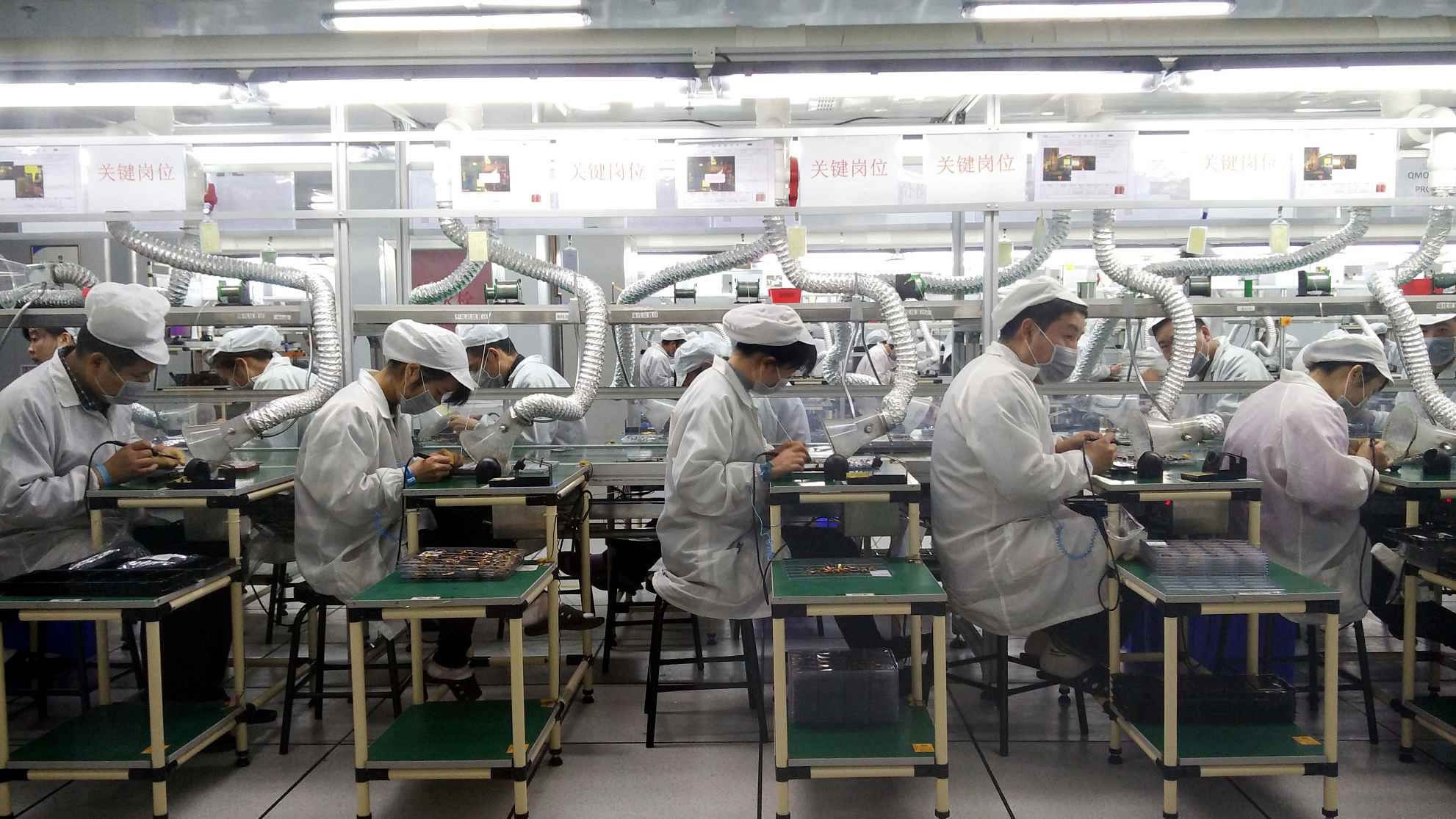
Taiwan Semiconductor Manufacturing Company Limited (NYSE:TSM) Overview
- TSM's recent performance shows a 30-day gain of approximately 11.41%, indicating strong investor confidence.
- The company has a projected stock price increase of about 25.96%, with analysts setting a target price of $371.67.
- TSM's fundamentals are solid, with a Piotroski Score of 8, reflecting robust financial health and operational efficiency.
Taiwan Semiconductor Manufacturing Company Limited (NYSE:TSM) is a leading player in the semiconductor industry, known for its advanced chip manufacturing capabilities. As the world's largest dedicated independent semiconductor foundry, TSM plays a crucial role in the global tech supply chain. It competes with other major players like Intel and Samsung in the semiconductor space.
TSM's recent performance has been impressive, with a 30-day gain of approximately 11.41%. This indicates strong investor confidence and positive market sentiment. Despite a minor 2.42% dip over the past 10 days, this could be a buying opportunity for investors anticipating a rebound.
The company's growth potential is significant, with a projected stock price increase of about 25.96%. Analysts have set a target price of $371.67, suggesting substantial upside from current levels. This optimism is driven by TSM's ability to capitalize on industry trends and its strong market position.
TSM's fundamentals are solid, as evidenced by its Piotroski Score of 8. This score reflects the company's robust financial health and operational efficiency. It highlights TSM's prudent management practices and its ability to maintain strong fundamentals in a competitive industry.
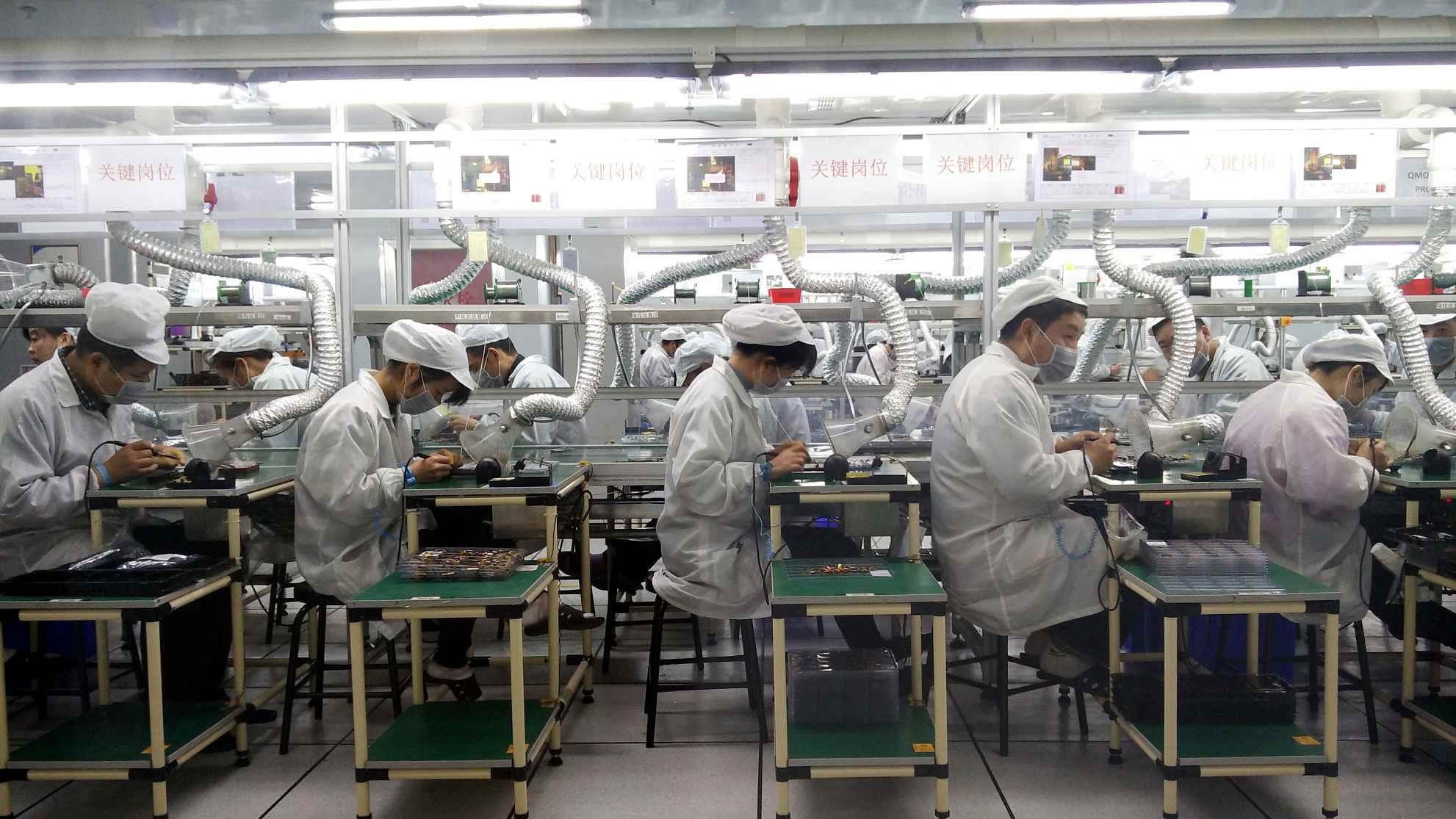
Taiwan Semiconductor Manufacturing Company (NYSE: TSM) Surpasses Earnings Expectations
- TSM's earnings per share of $2.85 exceeded the estimated $2.59, showcasing the company's strong financial performance.
- The company's revenue reached approximately $32.36 billion, surpassing the estimated $31.54 billion, driven by high demand for AI and high-performance computing chips.
- TSM's financial stability is highlighted by a low debt-to-equity ratio of 0.22 and a strong current ratio of 2.37.
Taiwan Semiconductor Manufacturing Company (NYSE: TSM) is a leading player in the semiconductor industry, known for its role as the world's largest contract chipmaker. TSM specializes in manufacturing chips for various applications, including artificial intelligence (AI) and high-performance computing. The company competes with other major players like Intel and Samsung in the global semiconductor market.
On October 16, 2025, TSM reported impressive financial results, with earnings per share of $2.85, surpassing the estimated $2.59. This achievement is part of a broader trend, as highlighted by Barron's, where TSMC has consistently exceeded market expectations due to the ongoing boom in AI chip demand. The company's revenue also reached approximately $32.36 billion, exceeding the estimated $31.54 billion.
The surge in TSM's earnings is largely driven by the increasing demand for AI and high-performance computing chips, as noted by the Wall Street Journal. This demand has contributed to a record-breaking quarterly net profit for TSMC, further solidifying its position as a leader in the semiconductor industry. The company's remarkable 39.1% increase in third-quarter net profit, as reported by Reuters, underscores the strong market demand for semiconductors used in AI applications.
TSM's financial metrics provide additional insights into its performance. The company has a price-to-earnings (P/E) ratio of approximately 33.15, indicating the price investors are willing to pay for each dollar of earnings. Its price-to-sales ratio stands at about 14.23, reflecting the company's market value relative to its sales. TSM's enterprise value to sales ratio is around 13.83, and its enterprise value to operating cash flow ratio is approximately 22.03, highlighting its valuation and cash flow efficiency.
TSM maintains a relatively low level of debt compared to its equity, with a debt-to-equity ratio of 0.22. This financial stability is further supported by a current ratio of 2.37, suggesting that the company has a strong ability to cover its short-term liabilities with its short-term assets. The earnings yield of about 3.02% offers a perspective on the return on investment, making TSM an attractive option for investors seeking exposure to the growing semiconductor market.
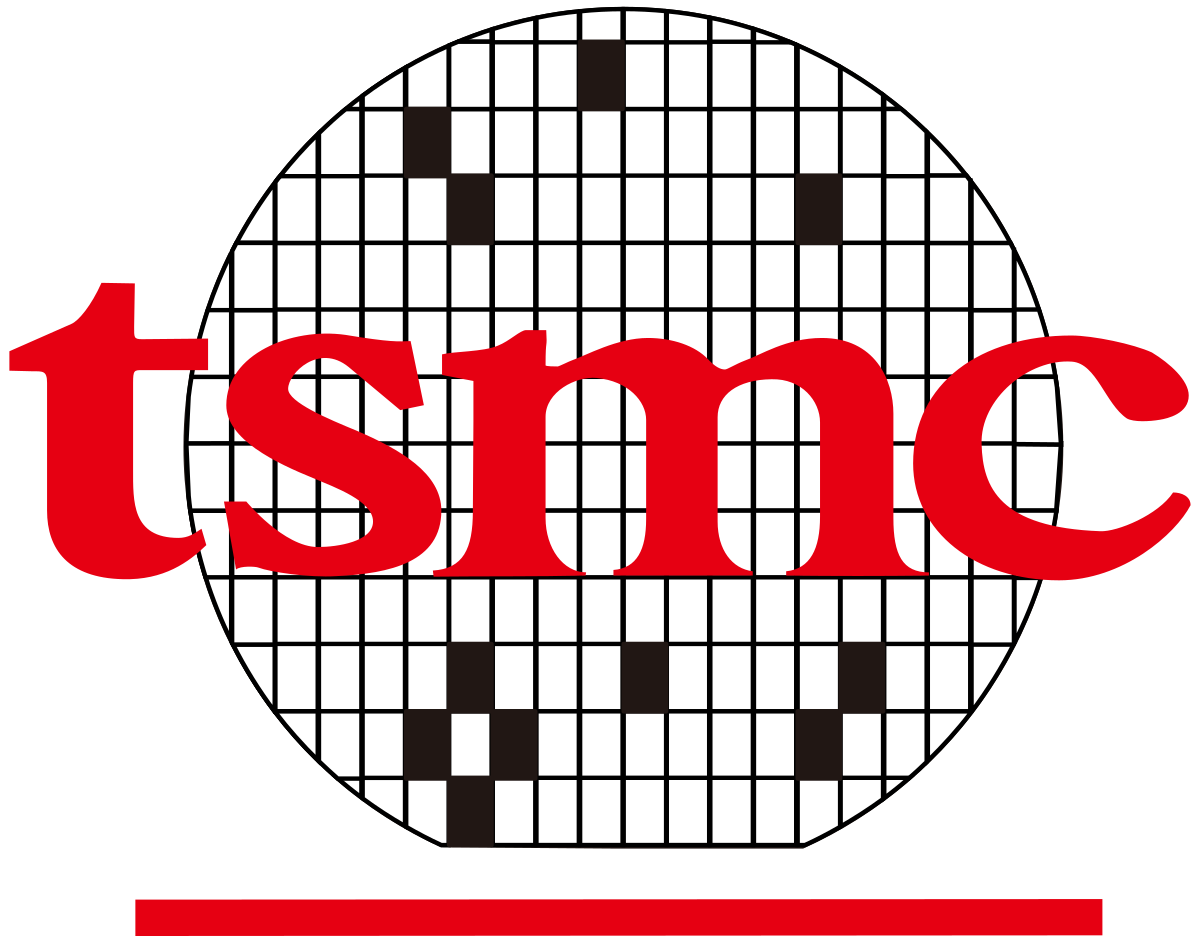
Taiwan Semiconductor Manufacturing Company Limited (NYSE: TSM) Sees Positive Analyst Sentiment Amid Industry Challenges
- The consensus price target for NYSE:TSM has been on an upward trend, reflecting growing confidence in the company's performance and potential.
- Recent developments have pushed TSM's stock price to an all-time high, with expectations of further growth driven by advancements in artificial intelligence.
- Despite a slight pre-market decline, the increasing demand for advanced AI chips is expected to positively impact TSM's revenues, though rising operational costs could affect earnings.
Taiwan Semiconductor Manufacturing Company Limited (NYSE:TSM) is a major player in the semiconductor industry, providing a variety of wafer fabrication processes and services. Established in 1987 and headquartered in Hsinchu City, Taiwan, TSM serves industries such as high-performance computing, smartphones, IoT, automotive, and digital consumer electronics. The company competes with other semiconductor giants like ASML Holding and Applied Materials.
The consensus price target for TSM has shown an upward trend over the past year. Last month, the average price target was $265, up from $240 three months ago and $230 a year ago. This increase reflects growing confidence in TSM's performance and potential, as highlighted by analysts' optimism about the company's future prospects.
Recent developments suggest that TSM's stock price has reached an all-time high as it approaches its upcoming earnings report. Olivier Blanchard anticipates further upward movement, especially with advancements in artificial intelligence. Analyst Krish Sankar from Cowen & Co. has set a price target of $125 for TSM, while Don Kaufman from @Theotrade predicts a rise to $250 by the end of the week, based on expectations of a strong report.
Despite the positive outlook, TSM experienced a slight decline of 0.48% in pre-market trading. This movement is part of a broader market reaction to ASML's recent earnings report, which saw ASML's stock drop by 7% due to lower-than-expected sales guidance. ASML's cautious outlook for 2026, influenced by macroeconomic and geopolitical uncertainties, has introduced significant uncertainty for investors.
The semiconductor sector, including companies like Applied Materials, Lam Research, and KLA Corporation, also saw declines in pre-market trading. These movements reflect the broader impact of ASML's guidance on the industry. Despite these challenges, the increasing demand for advanced AI chips is expected to positively impact TSM's revenues, although rising operational costs may affect its earnings.
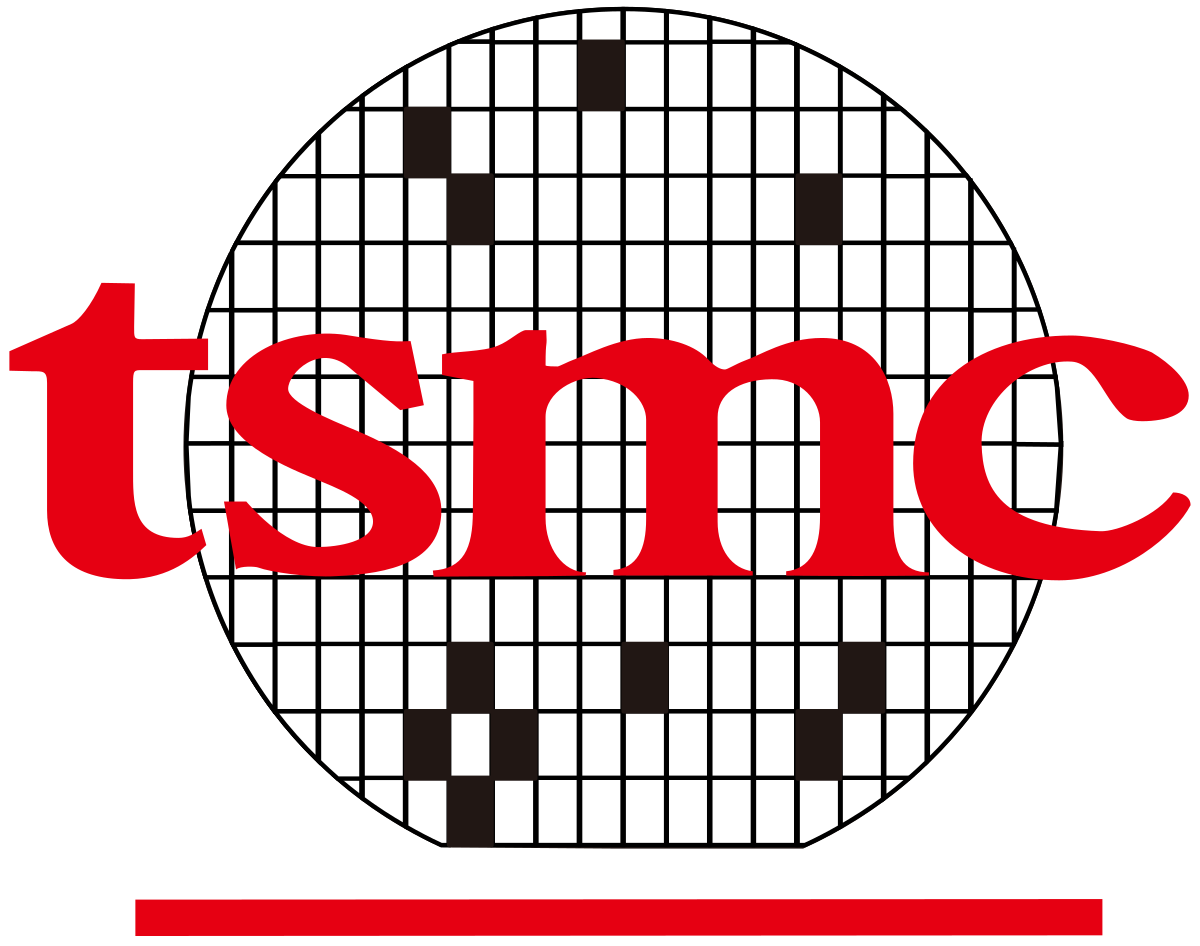
Taiwan Semiconductor Manufacturing Company (NYSE: TSM) Quarterly Earnings Preview
- Wall Street anticipates an EPS of $2.13 and revenue of approximately $28.5 billion for the upcoming quarterly earnings.
- TSM's strong foothold in the AI sector is expected to drive a 52% increase in second-quarter profit, reaching record levels.
- The company's financial health is underscored by a low debt-to-equity ratio of 0.21 and a current ratio of 2.31, indicating robust stability and growth prospects.
Taiwan Semiconductor Manufacturing Company (NYSE: TSM) is a global leader in the production of advanced AI chips. As a key player in the semiconductor industry, TSM is set to release its quarterly earnings on Thursday, July 17, 2025. Wall Street estimates the earnings per share (EPS) to be $2.13, with projected revenue of approximately $28.5 billion.
TSM's strong position in the AI sector is driving robust growth, as highlighted by preliminary data suggesting a potential Q2 revenue beat. Analysts expect a strong EPS performance, supported by TSM's pricing power in the AI market, which helps offset costs from new fabrication facilities. This growth is reflected in the anticipated 52% increase in second-quarter profit, reaching record levels.
Despite TSM's stock no longer being considered "dirt cheap," its valuation is justified by superior profit margins and a consistent dividend growth. The company's price-to-earnings (P/E) ratio of 27.56 indicates the price investors are willing to pay for each dollar of earnings. TSM's price-to-sales ratio stands at 11.49, reflecting its market value relative to revenue.
TSM's financial stability is further highlighted by its low debt-to-equity ratio of 0.21, indicating low leverage. The current ratio of 2.31 suggests a strong ability to cover short-term liabilities with short-term assets. Despite potential challenges from U.S. tariffs and the Taiwan dollar's strength, TSM's competitive advantage continues to expand.
TSM is projected to contribute to double-digit earnings growth in fiscal years 2025 and 2026, reflecting positive investor sentiment and expectations of continued growth.
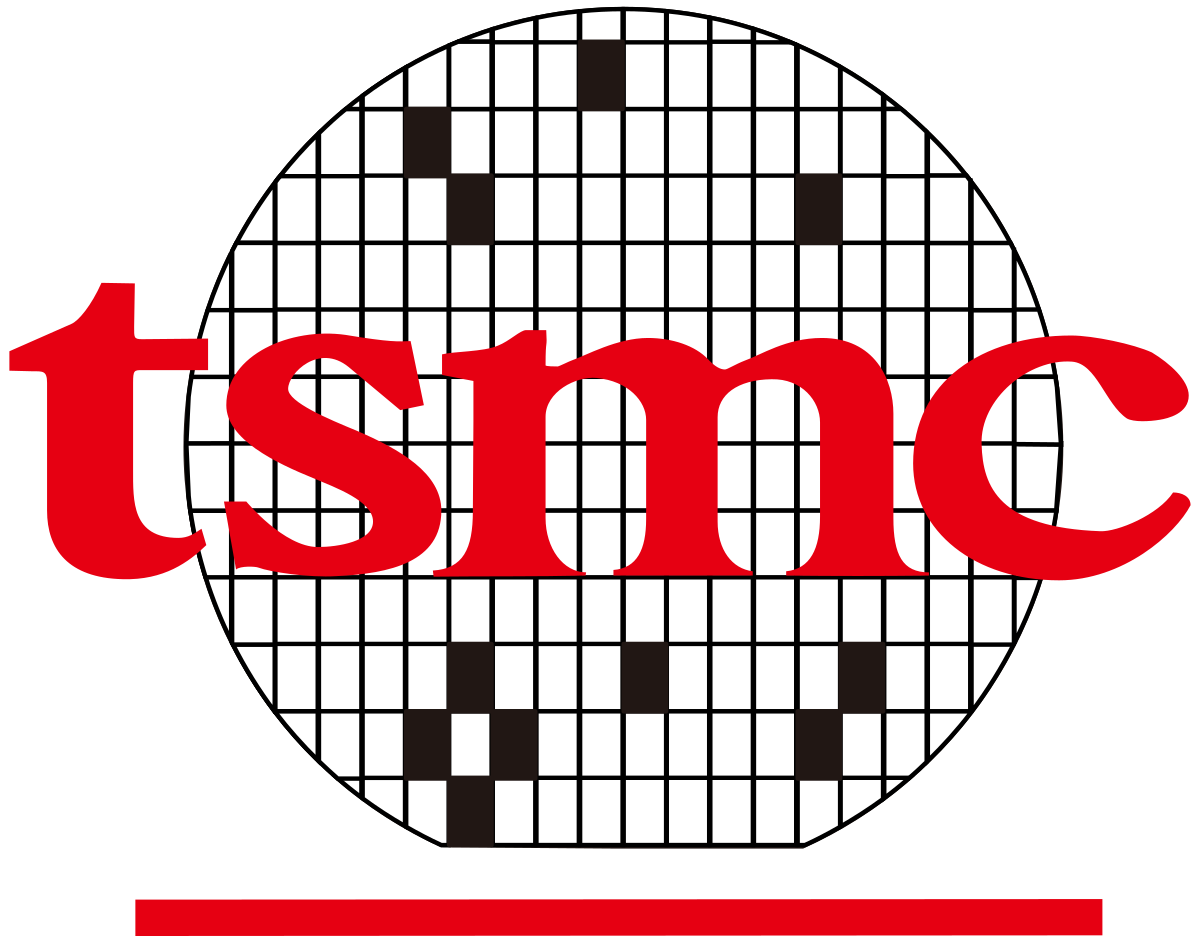
Taiwan Semiconductor Manufacturing Company (NYSE: TSM) Surpasses Earnings Expectations
- Earnings Per Share (EPS) of $2.14, beating the estimated $2.03, with a year-over-year increase of 60%.
- Q1 2025 revenue reached approximately $25.8 billion, a 35.3% increase year-over-year, slightly above expectations.
- Projected Q2 revenue between $28.4 billion and $29.2 billion, indicating strong demand for AI chips and strategic advantages in the U.S. market.
Taiwan Semiconductor Manufacturing Company (NYSE:TSM) is a leading player in the global semiconductor industry. Known for its advanced chip manufacturing capabilities, TSMC serves a wide range of industries, including consumer electronics and automotive. The company faces competition from other semiconductor giants like Intel and Samsung but maintains a strong market position due to its technological expertise and strategic manufacturing locations.
On April 17, 2025, TSMC reported earnings per share (EPS) of $2.14, surpassing the estimated $2.03. This performance is part of a broader trend, as TSMC's diluted EPS rose by 60% year-over-year to about $2.12, supported by industry-leading margins. The company's revenue for Q1 2025 was approximately $25.8 billion, slightly above the $25.53 billion reported, marking a 35.3% increase year-over-year.
Despite a slight miss in topline expectations, TSMC's Q1 2025 earnings have outperformed overall. The company has provided a robust outlook for Q2, projecting revenue between $28.4 billion and $29.2 billion, which exceeds consensus estimates. This guidance indicates strong demand for AI chips, even amid ongoing tariff issues in the United States, as highlighted by the company's revenue guidance surpassing expectations by $1.58 billion.
TSMC's strategic advantages related to tariffs and its advanced manufacturing capacity in the U.S. bolster its resilience amid the ongoing trade war. The company's net profit margins remained stable in Q1 2025, suggesting that U.S. manufacturing has had a minimal impact on margins in the near term. However, TSMC's aggressive expansion in the U.S., with $10 billion spent in capital expenditures in Q1, could potentially affect its free cash flow in the short term.
The company's financial health is further supported by a debt-to-equity ratio of approximately 0.23, indicating a relatively low level of debt compared to its equity. Additionally, TSMC maintains a strong liquidity position with a current ratio of about 2.44, suggesting it has more than enough assets to cover its short-term liabilities. This financial stability, combined with its robust competitive advantage and strong pricing power, has led to TSMC being upgraded to a "Strong Buy."

Taiwan Semiconductor Manufacturing Company (NYSE: TSM) Surpasses Earnings Expectations
- Earnings Per Share (EPS) of $2.14, beating the estimated $2.03, with a year-over-year increase of 60%.
- Q1 2025 revenue reached approximately $25.8 billion, a 35.3% increase year-over-year, slightly above expectations.
- Projected Q2 revenue between $28.4 billion and $29.2 billion, indicating strong demand for AI chips and strategic advantages in the U.S. market.
Taiwan Semiconductor Manufacturing Company (NYSE:TSM) is a leading player in the global semiconductor industry. Known for its advanced chip manufacturing capabilities, TSMC serves a wide range of industries, including consumer electronics and automotive. The company faces competition from other semiconductor giants like Intel and Samsung but maintains a strong market position due to its technological expertise and strategic manufacturing locations.
On April 17, 2025, TSMC reported earnings per share (EPS) of $2.14, surpassing the estimated $2.03. This performance is part of a broader trend, as TSMC's diluted EPS rose by 60% year-over-year to about $2.12, supported by industry-leading margins. The company's revenue for Q1 2025 was approximately $25.8 billion, slightly above the $25.53 billion reported, marking a 35.3% increase year-over-year.
Despite a slight miss in topline expectations, TSMC's Q1 2025 earnings have outperformed overall. The company has provided a robust outlook for Q2, projecting revenue between $28.4 billion and $29.2 billion, which exceeds consensus estimates. This guidance indicates strong demand for AI chips, even amid ongoing tariff issues in the United States, as highlighted by the company's revenue guidance surpassing expectations by $1.58 billion.
TSMC's strategic advantages related to tariffs and its advanced manufacturing capacity in the U.S. bolster its resilience amid the ongoing trade war. The company's net profit margins remained stable in Q1 2025, suggesting that U.S. manufacturing has had a minimal impact on margins in the near term. However, TSMC's aggressive expansion in the U.S., with $10 billion spent in capital expenditures in Q1, could potentially affect its free cash flow in the short term.
The company's financial health is further supported by a debt-to-equity ratio of approximately 0.23, indicating a relatively low level of debt compared to its equity. Additionally, TSMC maintains a strong liquidity position with a current ratio of about 2.44, suggesting it has more than enough assets to cover its short-term liabilities. This financial stability, combined with its robust competitive advantage and strong pricing power, has led to TSMC being upgraded to a "Strong Buy."







